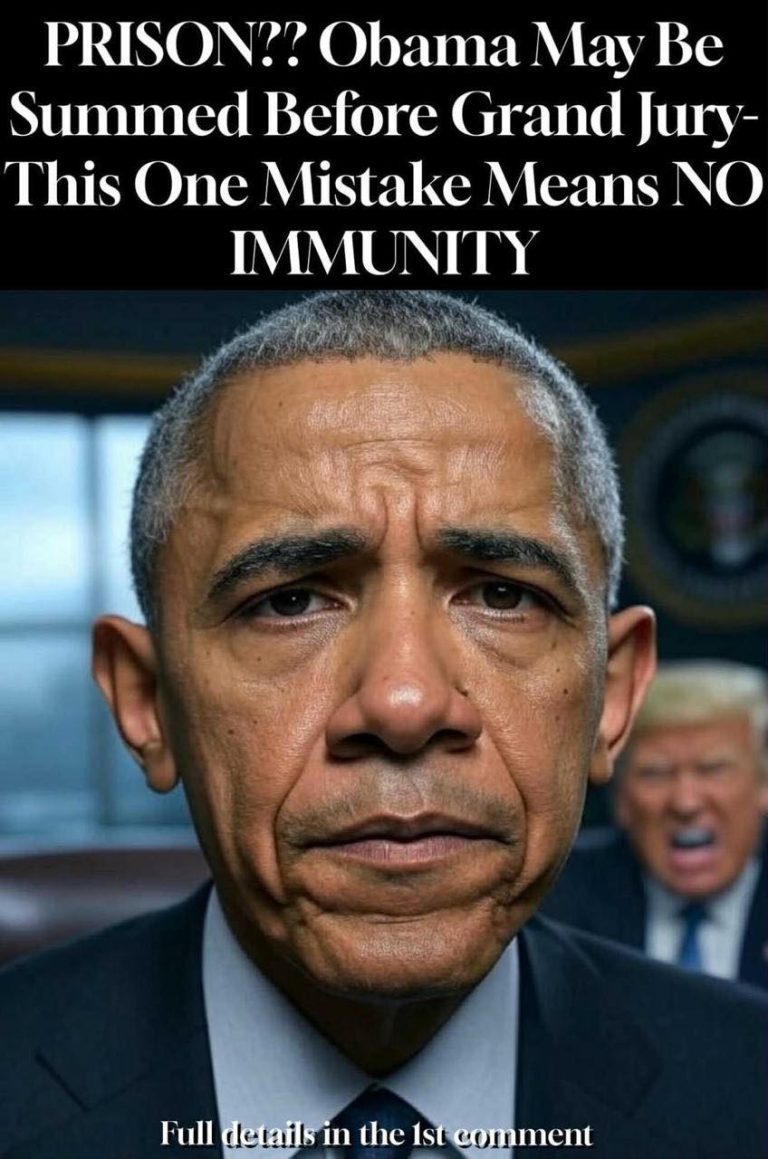Why This Matters to Everyday Americans
For many citizens, the details of high-level legal debates may feel distant. But the principle behind them is deeply relevant. At its core, this is about truth, accountability, and fairness.
If a leader can be asked to revisit decisions once they return to private life, it sends a strong message: no one, not even the most powerful, is entirely beyond scrutiny. For seniors who have lived through decades of American history, this theme echoes long-standing debates about how the country balances power and responsibility.
Historical Context
This is not the first time such questions have been raised. Throughout U.S. history, former presidents have been called upon for testimony in various forms—sometimes in front of congressional committees, sometimes in courtrooms, and sometimes in private depositions.
- Thomas Jefferson resisted a subpoena during Aaron Burr’s treason trial, setting an early precedent for executive privilege.
- Richard Nixon faced significant legal scrutiny after resigning from office in 1974.
- Bill Clinton later participated in extended testimony related to his time in the White House.
Each case contributed to the ongoing debate about where the line is drawn between presidential protections and personal accountability.
Looking Ahead
So, what happens now? According to Solomon, much depends on whether legal authorities decide that further questioning is warranted. If so, the former president would be expected to participate openly. Should he provide information that is misleading, experts argue that could alter the protections he previously enjoyed.
This possibility has sparked lively discussion in legal and political circles—not just because of the personalities involved, but because of the broader implications for the office itself.
The Bigger Picture
At its heart, this debate isn’t just about one individual. It’s about what kind of accountability Americans expect from their leaders, both during and after their time in office.
For seniors who have watched the country navigate everything from Watergate to modern-day controversies, the story feels familiar. History repeats itself in new forms, reminding us that leadership always carries responsibility—sometimes long after the term has ended.
As Solomon put it, “The irony is that a former leader may now face the very same kind of questioning he once presided over.”
Whether or not that questioning takes place, the discussion has already left a mark: leaders may leave office, but debates about their decisions rarely do.
